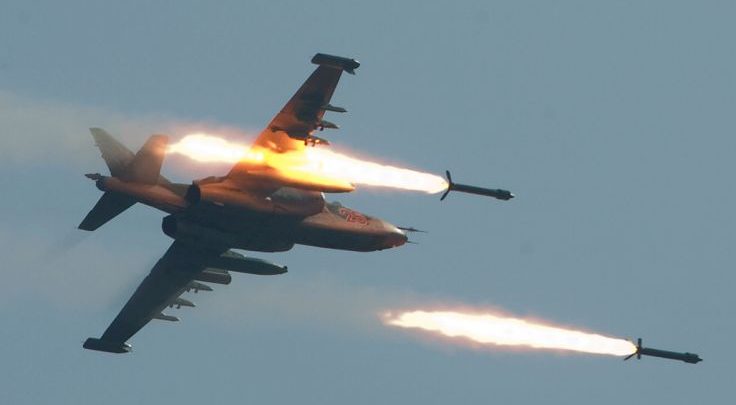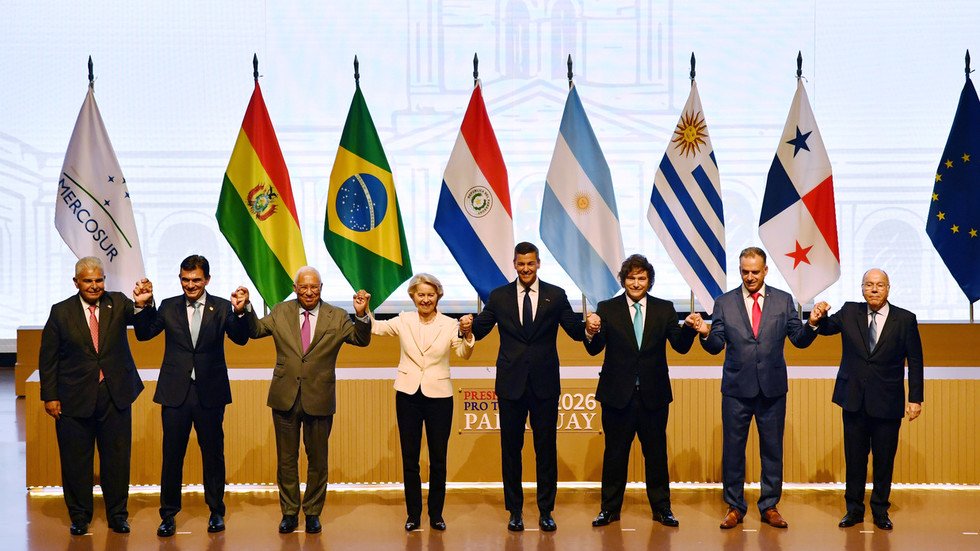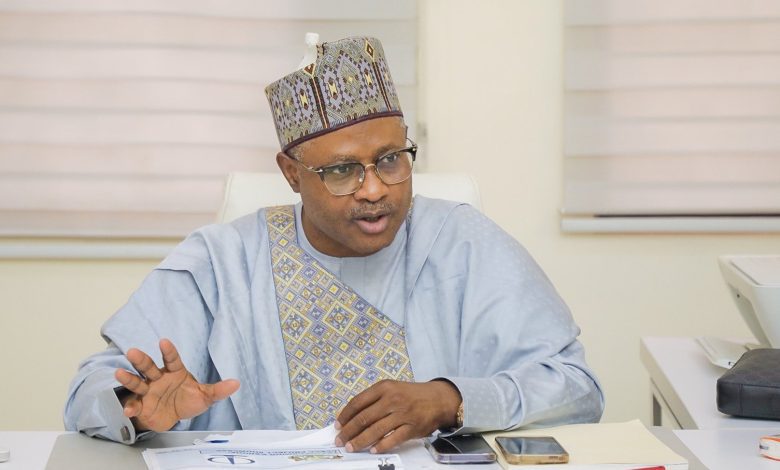The trial of Aminu Sadiq Ogwuche, the alleged mastermind behind the 2014 Nyanya Motor Park bomb blast in Abuja, has been marred by delays, prompting Ogwuche to protest the 11-year wait for his trial to conclude. The blast, which occurred on April 14, 2014, resulted in the loss of 75 lives and injured 124 others. Ogwuche, who is facing seven counts of terrorism charges, including conspiracy and belonging to the outlawed Boko Haram group, has appealed to the Federal High Court in Abuja to strike out the charges due to lack of diligent prosecution.
Through his counsel, Abdusalam Abas, Ogwuche expressed his frustration with the numerous adjournments, totaling 97, citing flimsy excuses from the prosecution. He drew the attention of Justice Peter Lifu to his previous ruling, which threatened to dismiss the charges if the prosecution failed to appear in court. Other defendants, including Akhmad Rufai Abubakar, Mohammed Sani Ishaq, Ya’u Saidu, Anas Isah, Adamu Yusuf, and Nasiru Abubakar, have also protested the delay, pleading with the court to invoke section 351 of the Administration of Criminal Justice Act (ACJA) to strike out the charge.
Justice Lifu expressed displeasure at the lack of interest from the Federal Ministry of Justice in proceeding with the trial, describing the delay as “absurd” and a violation of the principles of presumption of innocence, fundamental liberty, and human rights. The judge noted that the charge had been pending since December 12, 2014, and that the reason for the long incarceration without trial had not been reasonably explained. Justice Lifu gave the federal government an ultimatum, setting June 18 and 19, 2025, as the deadline to call its witnesses or risk having the charge struck out.
The case has had a tumultuous history, with two previous judges, Adeniyi Ademola and Ahmed Ramat Mohammed, unable to bring the trial to a conclusion due to lack of proper prosecution. In 2014, Justice Adeniyi Ademola struck out an earlier two-count charge against Ogwuche due to lack of diligent prosecution by the Inspector General of Police. Ogwuche, a native of Benue State, was repatriated from Sudan in 2014 to face charges in Nigeria. The prosecution has accused him of providing support to Boko Haram by giving money to the widows of members and conducting surveillance on potential targets, including the Silverbird Galleria.
As the trial continues, the court has ordered the Director General of the Department of State Services (DSS) to allow counsel, parents, and friends to access the defendants to enable them to prepare their defense. The outcome of the trial remains uncertain, with the federal government facing a deadline to present its case or risk having the charges dismissed. The case highlights the challenges faced by Nigeria’s justice system in bringing terrorists to justice and the importance of upholding the principles of justice and human rights.

![afcon 2025 morocco nigeria egypt football celebration Nigeria take bronze as Morocco and Senegal set up AFCON final [Football Now]](https://mediatalkafrica.com/wp-content/uploads/2026/01/AFCON-2025-Morocco-Nigeria-Egypt-Football-Celebration.jpg)

